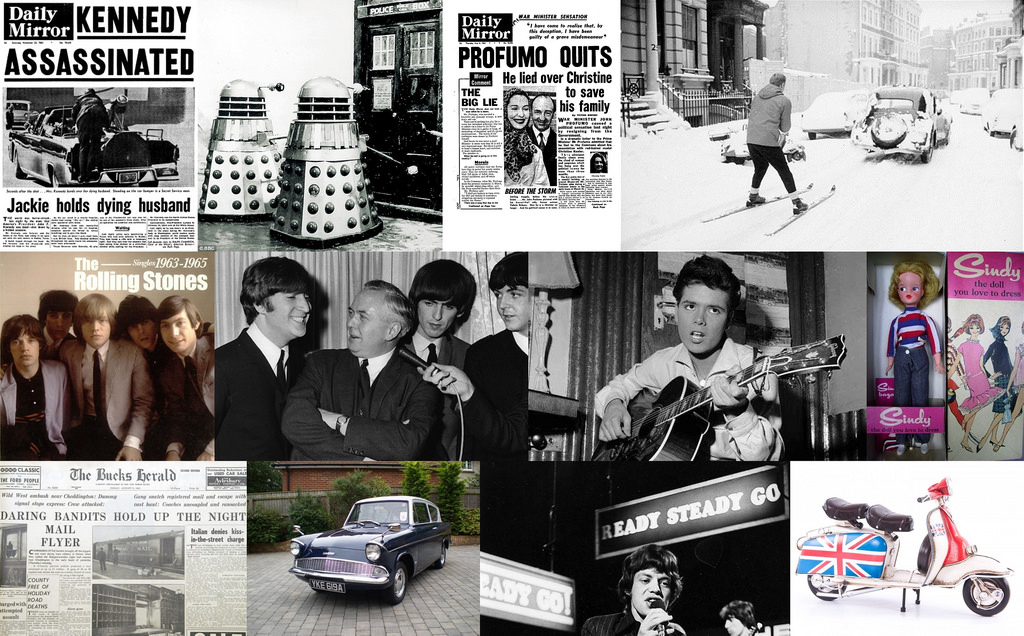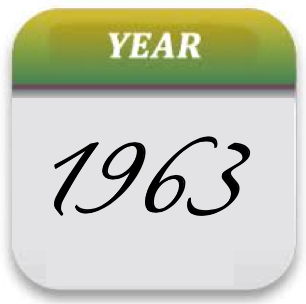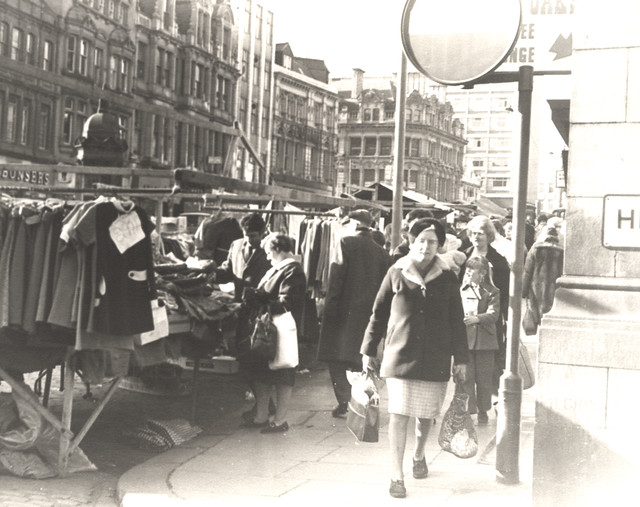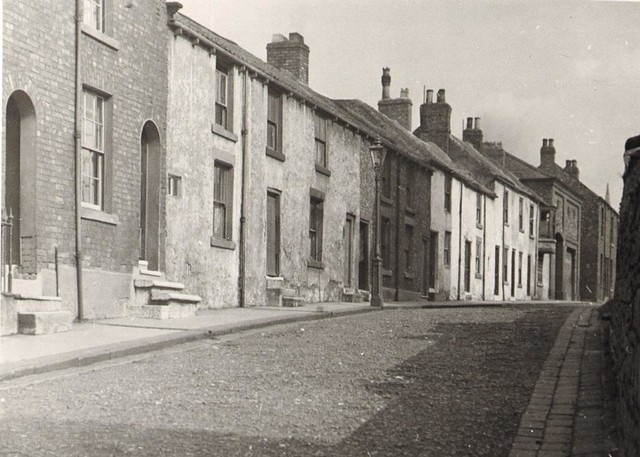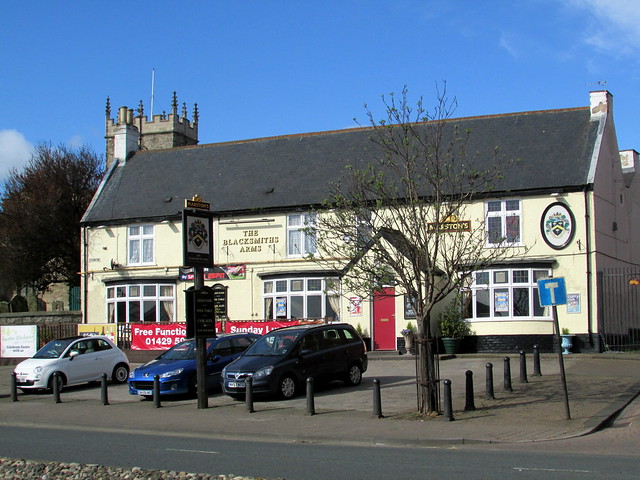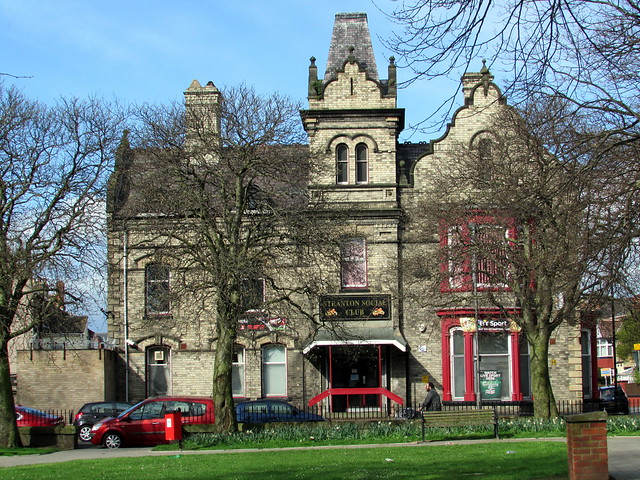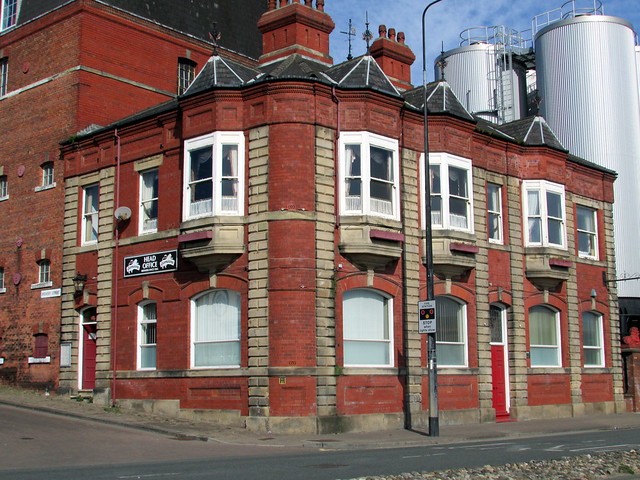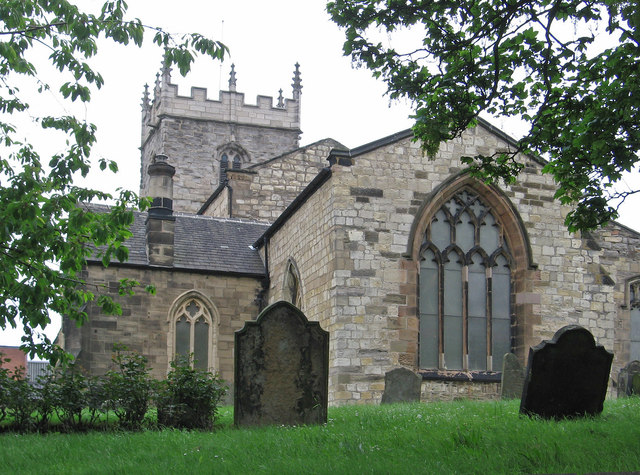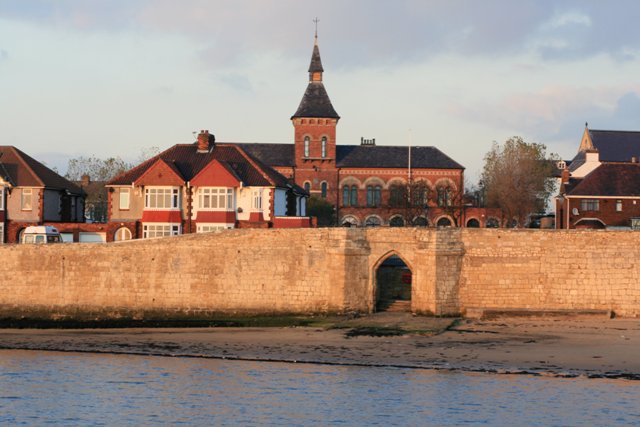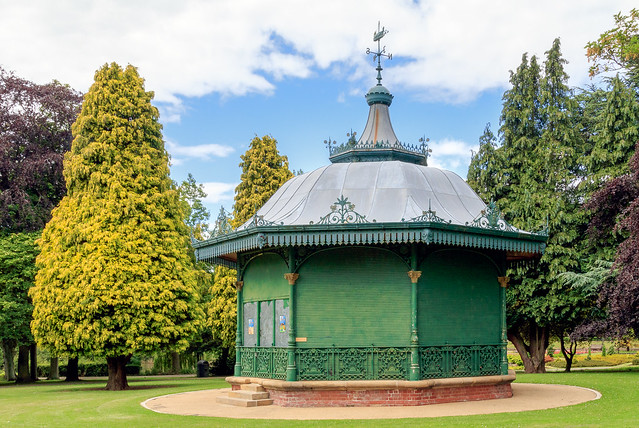That Was the Year That Was - 1963

-
Description
1963 The biggest news from 1963 was the assassination of the US President Kennedy on November 22nd which thrust Lyndon Johnson into the role of president and the murder two days later of Lee Harvey Oswald by nightclub owner Jack Ruby. https://www.youtube.com/watch?v=95UqgyJFX-I" rel="nofollow">www.youtube.com/watch?v=95UqgyJFX-I This was a difficult time to become president with the mounting troubles in Vietnam where the Viet Cong Guerrillas had now killed 80 American Advisers and the continued campaign for civil rights by the black community caused violent reactions from whites including Mississippi, Virginia and Alabama where the black civil rights leader Martin Luther King Jr was arrested. In the 1960s so much changed. Not only the enjoyable superficialities of the music scene and cinema, but politics and civil rights. One of the most seminal moments in the decade was the speech made by Martin Luther King Jr from the steps of the Lincoln Memorial in Washington DC on August 28 1963. King was making his speech to around 200,000 marchers supporting change in America’s civil rights legislation, demanding equality for all races, the end of discrimination against black people. President Kennedy it seems feared that a poor display on the day would set the cause back. He need not have worried. Such was the power of King’s rhetoric that the message came across clearly but emotionally: the old ways had to go. Of course things did not change overnight, but it was inevitable after the march and this speech in particular that changes in the way minorities were treated in America would take place. As a Baptist minister Martin Luther King was practiced in using words to move an audience. His rhetorical power is extraordinary, repeating phrases like that which gave the speech its name, “I have a dream,” and others including “Now is the time,” and “Let freedom ring.” He used biblical references and cited words from the American Constitution. But he also departed from his prepared text and spoke from the heart. Films included "The Birds" and "The Great Escape" and popular TV programmes "The Virginian" and "Lassie". ladies fashion clothes and hairstyles included fur boots and towering hair do's for evening wear. In music the beginning of Beatlemania after they release "I Want To Hold Your Hand/I Saw Her Standing There" and "Meet the Beatles". Events of the year 1963 in the United Kingdom. This year sees changes in the leadership of both principal political parties, the Profumo Affair and the rise of The Beatles as well as the launch of the long-running Sci-Fi series Doctor Who. The Beatles were the undisputed kings of the popular music who revolutionised a generation and set the agenda for the future of popular culture as we know it. And what's more, on their way to global domination and selling an estimated one billion records. Henry Cooper rocked the boxing world by putting Cassius Clay, who later changed his name to Muhammad Ali, on the canvas - but the super-confident fighter hit back to win with Cooper bleeding heavily from a cut over the eye. The winter of 1963 was the coldest of the twentieth century, in the UK, and the coldest since 1740. The second coldest was 1947, when more snow fell, but average temperatures were not as low. Mailbags worth over £2½ million were stolen in The Great Train Robbery. The train was stopped just South of Leighton Buzzard and robbed. The driver Jack Mills was brutally attacked during the robbery. Events January–April – Winter of 1963: Britain has the worst winter since 1946-1947. Low temperatures keep lying snow around until early April in some areas. https://www.youtube.com/watch?v=DalYSIRU4rQ" rel="nofollow">www.youtube.com/watch?v=DalYSIRU4rQ 7 January – Granada Television first broadcasts World in Action, its influential investigative current affairs series, which will run for 35 years. 11 January – Musical film Summer Holiday starring Cliff Richard receives its London premiere. https://www.youtube.com/watch?v=1yts3RGG8r0" rel="nofollow">www.youtube.com/watch?v=1yts3RGG8r0 16 January – The Macmillan government announces that a new town will be developed in Shropshire. Dawley New Town will incorporate existing communities including Dawley, Ironbridge and Madeley, and will largely be used as an overspill town for Birmingham and Wolverhampton. 18 January – Hugh Gaitskell, Labour Party leader, dies suddenly aged 56. 23 January – Double agent Kim Philby disappears from Beirut having defected to the Soviet Union. 29 January – Charles de Gaulle, President of France, vetos the UK's entry into the European Economic Community. https://www.youtube.com/watch?v=o7q3B8mr4-c" rel="nofollow">www.youtube.com/watch?v=o7q3B8mr4-c 14 February – The Labour Party elects 46-year-old Huyton MP Harold Wilson as its new leader and Leader of the Opposition. Missing out in the leadership contest is Cardiff South East MP James Callaghan. Opinion polls are currently showing strong support for the Labour Party, with a general election due before the end of next year. 16 February – Opinion polls indicate that Labour would oust the Conservatives, who have ruled since 1951, in a General Election. March – The divorce case of the Duke and Duchess of Argyll takes place. 15 March – Ridge v. Baldwin, a landmark case in the law of judicial review, is decided on appeal: a public official is held to be wrongfully dismissed because he had no notice of the grounds on which the decision was made and no opportunity to be heard in his own defence. 22 March – The Beatles release their first album, Please Please Me. 27 March – Chairman of British Railways Dr Richard Beeching issues a report calling for huge cuts to the UK's rail network. This is expected to result in the closure of more than 2,000 railway stations as well as the scrapping of some 8,000 coaches and the loss of up to 68,000 jobs. 6 April – Polaris Sales Agreement with the United States, leading to commencement of construction of nuclear submarine facilities at Faslane Naval Base. 15 April – 70,000 marchers arrive in London from Aldermarston to demonstrate against nuclear weapons. 24 April – Princess Alexandra of Kent marries the Hon Angus Ogilvy at Westminster Abbey. May – The last servicemen are released from conscription as National Service ends. 2 May - The Beatles reach number one in the singles chart for the first time with "From Me To You". The Duke of Edinburgh opens the Rootes Group's new car plant at the town of Linwood, Renfrewshire, for the production of its new rear-engined mini-car – the Hillman Imp – to rival BMC's Mini. It has an economical 875cc engine and is expected to be developed into luxury Singer and sporty Sunbeam variants in the near future. It is the first car to be produced in Scotland for thirty years. 11 May - The Beatles album Please Please Me goes to the top of the UK Albums Chart. Everton F.C. win the Football League First Division title. 15 May – Tottenham Hotspur become the first British football team to win a European trophy when a 5-1 win over Atlético Madrid in Rotterdam gives them the European Cup Winners' Cup. 25 May – Manchester United beat Leicester City 3-1 in the FA Cup final at Wembley Stadium with two goals from David Herd and another from Denis Law. It is United's first major trophy since eight of their players died in the Munich air disaster five years ago. 5 June – Profumo Affair: John Profumo, Secretary of State for War, admits to misleading Parliament and resigns over his affair with Christine Keeler. 8 June – Profumo Affair: Stephen Ward charged with living on immoral earnings. 17 June – The Profumo Affair has done the Conservative government no favours in the opinion polls, which continue to show that a Labour victory would be inevitable in a General Election. 1 July – Kim Philby named as the 'Third Man' in the Burgess and Maclean spy ring. 12 July – Pauline Reade, 16, is reported missing on her way to a dance in Gorton, Manchester, the first victim of the Moors murders. 31 July – Water Resources Act provides for the regulation of water abstraction, principally through the establishment of regional river authorities. August – Race riots in Dudley. Maxwell House introduced the first freeze-dried instant coffee. 5 August – The United States, United Kingdom and Soviet Union sign a nuclear test ban treaty. 8 August – The Great Train Robbery takes place in Buckinghamshire. https://www.youtube.com/watch?v=-b9musU7Ke0" rel="nofollow">www.youtube.com/watch?v=-b9musU7Ke0 20 August – The Royal Shakespeare Company introduces its performance cycle of Shakespeare's history plays under the title The War of the Roses, adapted and directed by John Barton and Peter Hall, at the Royal Shakespeare Theatre, Stratford-upon-Avon. September - First Leeds International Piano Competition: Michael Roll is the winner. The Sindy fashion doll is first marketed by Pedigree. 5 September – Christine Keeler is arrested for perjury. On 6 December she is sentenced to 9 months in prison. 7 September – Geophysicists Fred Vine and Drummond Matthews publish proof of seafloor spreading on the Atlantic Ocean floor. 12 September – The Beatles reach number one for the second time with the single "She Loves You" (released on 23 August). 17 September – RAF Fylingdales radar station on the North York Moors begins operation as part of the United States Ballistic Missile Early Warning System. 18 September – Rioters burn down the British embassy in Jakarta to protest against the formation of Malaysia. 23 September – The Robbins Report (the report of the Committee on Higher Education, chaired by Lord Robbins) is published. It recommends immediate expansion of universities, and that university places "should be available to all who were qualified for them by ability and attainment". Its conclusions are accepted by the government on 24 October. 25 September – The Denning Report on the Profumo affair is published. https://www.youtube.com/watch?v=iU3fEQ5khUs" rel="nofollow">www.youtube.com/watch?v=iU3fEQ5khUs 26 September – Vauxhall launches the new Viva, a small family saloon similar in size to BMC's 1100 and the Ford Anglia. 29 September - The University of East Anglia opens in Norwich. Release of the film Tom Jones. 10 October – Prime Minister Harold Macmillan announces his resignation after nearly seven years, at the age of 69, on the grounds of ill health. 17 October – In Stockholm, two British scientists (Alan Lloyd Hodgkin and Andrew Fielding Huxley) and an Australian (John Carew Eccles) are announced as winners of the Nobel Prize in Physiology or Medicine "for their discoveries concerning the ionic mechanisms involved in excitation and inhibition in the peripheral and central portions of the nerve cell membrane". 18 October – Macmillan resigns. 19 October – Alec Douglas Home replaces Macmillan as Prime Minister, renouncing his peerage. 22 October – The National Theatre Company, newly formed under artistic director Laurence Olivier, gives its first performance, with Peter O'Toole as Hamlet. November – Publication of Traffic in Towns, a report on urban transport planning policy produced for the Department of Transport by a team headed by Colin Buchanan. 18 November – The Dartford Tunnel opens. https://www.youtube.com/watch?v=O3w-XJHyF90" rel="nofollow">www.youtube.com/watch?v=O3w-XJHyF90 22 November – C. S. Lewis, the author most famous for the Narnia books (1950–1955), dies at the age of 65 in Oxford. However, media coverage of his death (as also that of Aldous Huxley in the U.S. on the same day) is overshadowed by the assassination of American President John F. Kennnedy, news of which reaches the U.K. just after 18:30 UTC. 23 November - First episode of the long-running BBC Television science fiction series Doctor Who is broadcast. https://www.youtube.com/watch?v=eGmaWjFQxf4" rel="nofollow">www.youtube.com/watch?v=eGmaWjFQxf4 Police in Ashton-under-Lyne, Lancashire, begin a missing persons investigation following the disappearance of 12-year-old John Kilbride. 25 November – The Duke of Edinburgh, Prime Minister Sir Alec Douglas-Home and Leader of the Opposition Harold Wilson attend the funeral of U.S. President John F. Kennedy in Washington, D.C. 30 November – After an unbroken 30-week spell at the top of the UK Albums Chart, The Beatles album Please Please Me is knocked off the top of the charts by the group's latest album With the Beatles (released on 22 November). 12 December - Kenya gains independence from the United Kingdom, with Jomo Kenyatta as Prime Minister. The Beatles reach number one for the third time with "I Want To Hold Your Hand" (released on 29 November). 19 December – Zanzibar gains independence from the United Kingdom, as a constitutional monarchy under Sultan Jamshid bin Abdullah. 21 December – First episode of the seven-part serial The Daleks broadcast in the Doctor Who series, introducing the alien Daleks (revealed fully in the following week's episode). Television 7 January – Granada Television first broadcasts World in Action, its influential investigative current affairs series, which will run for 35 years. 13 January – BBC TV broadcasts the play The Madhouse on Castle Street in the Sunday-Night Theatre strand. The play co-stars a young American folk music singer named Bob Dylan. 23 March – The 8th Eurovision Song Contest is held at the BBC Television Centre in London. Denmark wins the contest with the song "Dansevise", performed by Grethe & Jørgen Ingmann. 9 August – Ready Steady Go! premieres on ITV. 30 September – BBC TV begins using a globe as their symbol. They would continue to use it in varying forms until 2002. 22 November – BBC TV interrupts regular programming to report the assassination of John F. Kennedy. 23 November - That Was The Week That Was broadcasts its famous, non-satirical Kennedy tribute episode on BBC TV. Doctor Who premieres on BBC TV. The First Doctor is portrayed by William Hartnell. 21 December – First episode of the seven-part serial The Daleks broadcast in the Doctor Who series, introducing the alien Daleks (revealed fully in the following week's episode). 28 December – The satirical BBC show That Was The Week That Was (TW3) airs for the last time. Football 3 October 1962: The England national football team competes in the European Football Championships for the first time, beginning the qualifiers for the 1964 European Nations' Cup with a 1-1 draw against France in the qualifying round first leg at Hillsborough. Ron Flowers of Wolverhampton Wanderers scores England's only goal. 25 October 1962: Alf Ramsey, the Ipswich Town manager, accepts The Football Association's offer to succeed Walter Winterbottom as England manager with effect from 1 May 1963, after agreeing taking charge of two earlier matches from 27 February 1963. 27 February 1963: England are knocked out of the European Nations' Cup with a 5-2 defeat to France in Paris in the second leg of the qualifying round. 11 May 1963: Everton seal the First Division title with a 4–1 home win over Fulham on the final day of the league season. 15 May 1963: Tottenham Hotspur become the first British club to win a European trophy, defeating Atlético Madrid 5–1 in Rotterdam. Jimmy Greaves and Terry Dyson score twice, with the other goal coming from John White. 18 May 1963: Stoke City secure the Second Division Championship with a win over Luton Town, while Sunderland in second leave the door open for third-placed Chelsea by losing at home to the West Londoners. This result completes Sunderland's league programme, while Chelsea have one match remaining. 21 May 1963: Chelsea put seven past Portsmouth without reply and pip Sunderland to the remaining Second Division promotion place. The Third Division relegation decider between Walsall and Charlton Athletic is abandoned with the score 0–0 after the pitch was rendered unplayable by a thunderstorm. 23 May 1963: Birmingham City take a big step to winning the first major trophy of their history by defeating Aston Villa 3–1 at St Andrew's in the Football League Cup final first leg. 24 May 1963: England draw with the Football League XI at Arsenal Stadium. Jimmy Greaves, Alan Hinton and Johnny Byrne score for the Three Lions, while Roger Hunt, Geoff Hurst and Tony Kay score for the League. Elsewhere, Charlton preserve their Third Division status, relegating opponents Walsall in the process. 25 May 1963: Manchester United win their first major trophy for six years and their first FA Cup for 15 years with a 3–1 win over Leicester City in the final at Wembley Stadium. David Herd scores twice for United and Denis Law scores the other goal. Ken Keyworth scores the consolation goal for Leicester City, who have yet to win the final after three attempts. 27 May 1963: A goalless draw in the Football League Cup final second leg at Villa Park gives the trophy to Birmingham City. 31 May 1963: West Ham United, England's representative in the International Soccer League of 1963, begin their campaign by drawing 3–3 with Scottish club Kilmarnock in New York. Music January 3-31, 1963: The Rolling Stones perform 18 club gigs in London and surrounding areas. January 10, 1963: Bill Wyman resumes performing with the Rolling Stones, but not yet permanently. January 11, 1963: Tony Chapman performs his last concert with the Rolling Stones. January 12, 1963: Charlie Watts performs his first concert with the Rolling Stones, at the Ealing Club, with Bill Wyman also participating. Late January 1963: The Rolling Stones are fired from the Marquee Jazz Club for asking for a higher free because of progressively greater attendance. 1 January – The Beatles start a 5-day tour in Scotland to support the release of their new single, "Love Me Do". 3-5, 7-8 and 10 January Decca records Benjamin Britten conducting his War Requiem with the soloists he originally composed it for: Galina Vishnevskaya, Peter Pears and Dietrich Fischer-Dieskau. Within five months of its release the recording sells 200,000 copies, an unheard-of number for a piece of contemporary classical music at that time. 16 February - The Beatles achieve their first #1 hit single, when "Please Please Me" tops the charts in the UK. 22 February – The Beatles form Northern Songs Publishing Company. 22 March – The Beatles release their first album, Please Please Me. 23 March – The 8th Eurovision Song Contest is held in two studios at the BBC Television Centre, London. After much confusion regarding the results of the Norwegian jury, Denmark snatches victory from Switzerland after a close run. The Danish husband-and-wife duo Grethe and Jørgen Ingmann take the prize with "Dansevise". 29 April – 19-year-old Andrew Loog Oldham signs a contract with The Rolling Stones, becoming their manager. Oldham had seen the band in concert the previous day at the Crawdaddy Club in London. One of the new manager's first actions is to remove Ian Stewart from the stage line-up, demoting him to road manager. 15 May - The recording of Benjamin Britten's War Requiem wins the composer three Grammy awards. Leslie Bricusse and Anthony Newley win Song of the Year for "What Kind of Fool Am I?"; other nominations include Lionel Bart for "As Long as He Needs Me". 29 May - On the 50th anniversary of its stormy première, 88-year-old Pierre Monteux conducts the London Symphony Orchestra in The Rite of Spring at the Royal Albert Hall, with its 81-year-old composer Igor Stravinsky in the audience. 7 June – The Rolling Stones' first single "Come On" is released in the UK. 3 August – The Beatles perform at The Cavern Club for the final time. 15 October – The Daily Mirror uses the term "Beatlemania" in a news story about the group's concert the previous day in Cheltenham. 25 October - The Melos Ensemble premiere Reflections on a Theme by Benjamin Britten, a composite work by Richard Rodney Bennett, Nicholas Maw and Malcolm Williamson written as a tribute to Britten on his 50th birthday, at the Mahatma Gandhi Hall, 41 Fitzroy Square, London. October - The Springfields play their last concert, at the London Palladium. Three weeks later Dusty Springfield releases her first solo single. 29 October - Chart-topping singer Michael Holliday, depressed by marital and financial troubles, commits suicide by means of a drug overdose. Pop UK Charts The Bachelors - Charmaine Kenny Ball - Sukiyaki Shirley Bassey - I (Who Have Nothing) Chuck Berry - Memphis Tennessee Mike Berry - Don't You Think It's Time Joe Brown & The Bruvvers - That's What Love Will Do Dora Bryan - All I Want For Christmas Is A Beatle The Caravelles - You Don't Have To Be A Baby To Cry Ronnie Carroll - Say Wonderful Things The Cascades - Rhythm Of The Rain Ray Charles - Take These Chains From My Heart The Chiffons - He's So Fine The Crystals - Da Doo Ron Ron The Crystals - Then He Kissed Me The Dave Clark Five - Glad All Over Billie Davis - Tell Him Karl Denver - Still Maureen Evans - Like I Do Adam Faith - The First Time The Four Seasons - Big Girls Don't Cry The Four Seasons - Walk Like A Man The Fourmost - Hello Little Girl Freddie & The Dreamers - If You Gotta Make A Fool Of Somebody Freddie & The Dreamers - I'm Telling You Now Freddie & The Dreamers - You Were Made For Me Billy Fury - Like I've Never Been Gone Billy Fury - When Will You Say I Love You Billy Fury - In Summer Gerry & The Pacemakers - How Do You Do It ? - 03-63 Gerry & The Pacemakers - I Like It - 06-63 Gerry & The Pacemakers - You'll Never Walk Alone - 10-63 Stan Getz & Charlie Byrd - Desafinado - 01-63 Lesley Gore - It's My Party - 06-63 Jet Harris & Tony Meehan - Diamonds - 01-63 Jet Harris & Tony Meehan - Scarlet O'Hara - 05-63 Jet Harris & Tony Meehan - Applejack - 09-63 Heinz - Just Like Eddie - 09-63 The Hollies - Searchin' - 10-63 Buddy Holly - Brown Eyed Handsome Man - 03-63 Buddy Holly - Bo Diddley - 06-63 Buddy Holly - Wishing - 09-63 Frank Ifield - Wayward Wind - 02-63 Frank Ifield - Nobody's Darlin' But Mine - 04-63 Frank Ifield - Confessin' - 06-63 Los Indios Tabajaras - Maria Elena - 11-63 Big Dee Irwin - Swinging On A Star - 12-63 Johnny Kidd & The Pirates - I'll Never Get Over You - 08-63 Kathy Kirby - Dance On - 09-63 Kathy Kirby - Secret - Love - 11-63 Billy J. Kramer & The Dakotas - Do You Want To Know A Secret - 05-63 Billy J. Kramer & The Dakotas - Bad To Me - 08-63 Billy J. Kramer & The Dakotas - I'll Keep You Satisfied - 11-63 Steve Lawrence & Eydie Gormé - I Want To Stay Here - 09-63 Brenda Lee - All Alone Am I - 02-63 Brenda Lee - Losing You - 05-63 Little Eva - Let's Turkey Trot - 04-63 Trini Lopez - If I Had A Hammer - 09-63 Kenny Lynch - You Can Never Stop Me Loving You - 07-63 Wink Martindale - Deck Of Cards - 05-63 Ned Miller - From A Jack To A King - 03-63 Rick Nelson - Fools Rush In - 11-63 Roy Orbison - In Dreams - 04-63 Roy Orbison - Falling - 06-63 Roy Orbison - Blue Bayou - 10-63 Paul & Paula - Hey Paula - 03-63 Paul & Paula - Young Lovers - 05-63 Peter, Paul & Mary - Blowin' In The Wind - 11-63 Gene Pitney - Twenty-Four Hours From Tulsa - 12-63 Brian Poole & The Tremeloes - Twist And Shout - 07-63 Brian Poole & The Tremeloes - Do You Love Me - 09-63 Elvis Presley - One Broken Heart For Sale - 03-63 Elvis Presley - Devil In Disguise - 07-63 Jim Reeves - Welcome To My World - 07-63 Cliff Richard - Summer Holiday - 02-63 Cliff Richard - Lucky Lips - 05-63 Cliff Richard - It's All In The Game - 08-63 Cliff Richard - Don't Talk To Him - 11-63 Tommy Roe - The Folk Singer - 04-63 Tommy Roe - Everybody - 10-63 The Rolling Stones - I Wanna Be Your Man - 12-63 The Ronettes - Be My Baby - 10-63 The Rooftop Singers - Walk Right In - 02-63 Bobby Rydell - Forget Him - 06-63 Kyu Sakamoto - Sukiyaki - 07-63 The Searchers - Sweets For My Sweet - 07-63 The Searchers - Ain't Gonna Kiss Ya (E.P.) The Searchers - Sugar And Spice The Shadows - Foot Tapper The Shadows - Atlantis The Shadows - Shindig The Shadows - Geronimo Del Shannon - Little Town Flirt Del Shannon - Two Kinds Of Teardrops The Singing Nun - Dominique Dusty Springfield - I Only Want To Be With You The Springfields - Island Of Dreams The Springfields - Say I Won't Be There The Surfaris - Wipe Out Ken Thorne & His Orchestra - Theme From 'The Legion's Last Patrol' The Tornados - Globetrotter The Tornados - Robot The Tornados - The Ice Cream Man Mel Tormé - Coming Home Baby Frankie Vaughan - Loop De Loop Bobby Vee - The Night Has A Thousand Eyes Andy Williams - Can't Get Used To Losing You Mark Wynter - Go Away Little Girl Mark Wynter - It's Almost Tomorrow Cliff Richard and The Shadows "The Next Time" / "Bachelor Boy". The Shadows "Dance On!". Jet Harris and Tony Meehan "Diamonds". Frank Ifield "The Wayward Wind". Cliff Richard and The Shadows "Summer Holiday". The Shadows "Foot Tapper". Cliff Richard and The Shadows "Summer Holiday". Gerry & The Pacemakers "How Do You Do It?". The Beatles "From Me to You". Gerry & The Pacemakers "I Like It". Frank Ifield "Confessin' (That I Love You)". Elvis Presley "(You're the) Devil in Disguise". The Searchers "Sweets for My Sweet". Billy J. Kramer & The Dakotas "Bad to Me". The Beatles "She Loves You". Brian Poole and The Tremeloes "Do You Love Me". Gerry & The Pacemakers "You'll Never Walk Alone". https://www.youtube.com/watch?v=OV5_LQArLa0" rel="nofollow">www.youtube.com/watch?v=OV5_LQArLa0 The Beatles "She Loves You". https://www.youtube.com/watch?v=QoF-7VMMihA&list=PL1jds_Lnd9UBzAGmLm7dC3Vwg-YRGPDYf" rel="nofollow">www.youtube.com/watch?v=QoF-7VMMihA&list=PL1jds_Lnd9Und9U... The Beatles "I Want to Hold Your Hand". Technology AT&T introduces touch tone phones. Flymo Sells first Hover Mower. The first prototype Learjet takes off. Zip codes implemented in US. Lava Lamp or The Astro Lamp Launched by Edward Craven Walker. Popular Films Cleopatra The Longest Day Lawrence of Arabia Mutiny on the Bounty To Kill a Mockingbird -
Owner
brizzle born and bred -
Source
Flickr (Flickr) -
License
What does this mean? All Rights Reserved (Seek permission to reuse)
-
Further information
Link: https://www.flickr.com/photos/20654194@N07/26703501086/
Resource type: Image
Added by: Peter Smith
Last modified: 7 years, 11 months ago
Viewed: 1074 times
Picture Taken: 2016-04-30T15:14:14 -
Co-Curate tags
